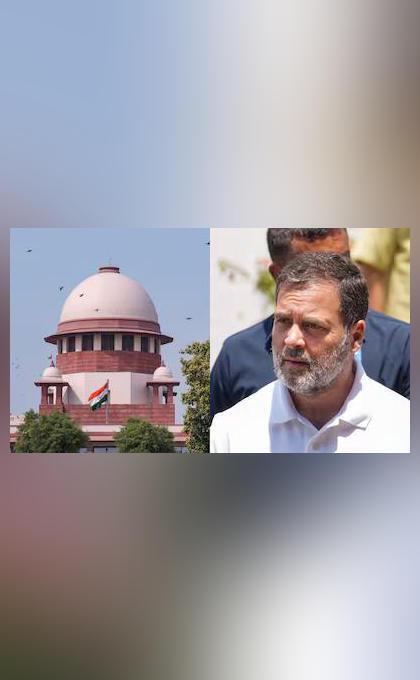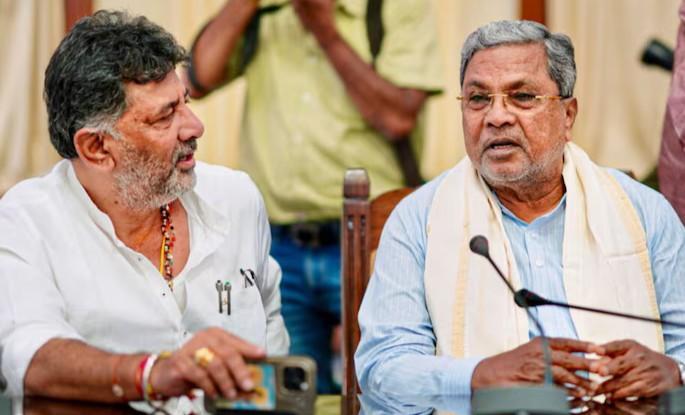
Why Ask on Social Media & Not in Parliament: SC to Rahul on ‘Land Grab’ Claim
In a recent development, the Supreme Court of India has rebuked Congress leader Rahul Gandhi over his claim that China had grabbed 2,000 sq km of Indian land. The court’s stern remark came while staying a defamation case against Rahul for his remarks about the Indian Army. The court asked Rahul to explain how he knew that 2,000 sq km of Indian land was occupied by China.
Rahul Gandhi had made the claim during a Congress rally in 2020, saying that China had occupied 2,000 sq km of Indian land. The remark was widely criticized by the government and the opposition, with many calling it a baseless and irresponsible statement. The Supreme Court’s rebuke of Rahul Gandhi is a significant development in the ongoing controversy surrounding his remarks.
The court’s stern remark was a clear indication that it does not take kindly to Rahul’s claim, and is not willing to accept it without evidence. The court’s questioning of Rahul’s claim is also a reflection of its commitment to upholding the truth and promoting responsible public discourse.
Rahul Gandhi’s claim about China grabbing 2,000 sq km of Indian land is not the first time he has made a controversial statement about the country. In the past, he has made several other statements that have been widely criticized, including his claim that the Rafale deal was a scam and that the government was corrupt.
While Rahul Gandhi’s claim about China grabbing 2,000 sq km of Indian land may have been intended to stir up public sentiment and create controversy, it is clear that the court is not willing to accept it without evidence. The court’s rebuke of Rahul Gandhi is a reminder that public discourse should be based on facts and evidence, rather than on speculation and hearsay.
The Supreme Court’s rebuke of Rahul Gandhi is also a reminder that the court is committed to upholding the truth and promoting responsible public discourse. The court’s decision to stay the defamation case against Rahul Gandhi is a significant development, and is likely to have a significant impact on the political landscape of the country.
In conclusion, the Supreme Court’s rebuke of Rahul Gandhi over his claim that China had grabbed 2,000 sq km of Indian land is a significant development in the ongoing controversy surrounding his remarks. The court’s questioning of Rahul’s claim is a reflection of its commitment to upholding the truth and promoting responsible public discourse. The court’s decision to stay the defamation case against Rahul Gandhi is also a significant development, and is likely to have a significant impact on the political landscape of the country.






